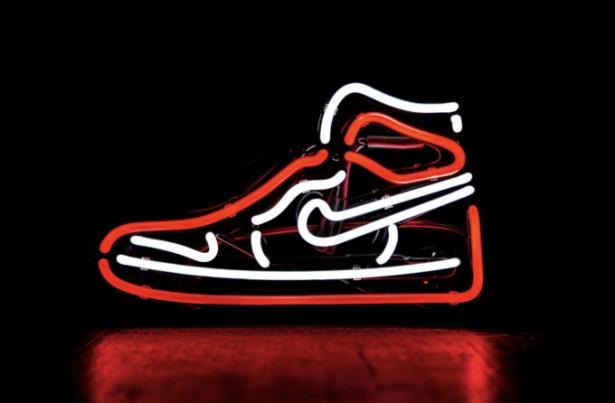Absent in the raging debate over trade policy and tariffs is a truth about the economy that those of us in poorer countries know all too well: U.S. corporations and their billionaire owners profit from massive supply chains that exploit low-wage workers in the Global South.
For decades these unregulated supply chains have been praised as “development.” But in reality, they entrench low pay and disastrous working conditions, fostering a “race to the bottom” for workers globally as well as in the United States.
Perhaps no company is a more influential offender than Nike.
Nearly 30 years ago, the anti-sweatshop movement forced Nike to end its use of child labor. But since then, Nike has actually figured out how to pay an even smaller portion of its retail sticker price to the workers who make its products.
In 2022, Nike authorized $18 billion in stock buybacks, which primarily benefit wealthy investors, while garment workers — the vast majority of whom are women in the Global South — faced massive wage losses and wage theft during the COVID-19 pandemic.
Leni, a member of the Indonesian union Gabungan Serikat Buruh Indonesia (GSBI), makes Nike shoes in a factory with thousands of workers, most of them women like her.
“I want the world to understand the truth of workers’ lives behind these products,” Leni told me recently. “I had a baby and another small child when COVID hit in 2020. The factory slashed our wages and offered no support. We couldn’t even put basic food on our families’ tables. As we learned that Nike made record profits during the pandemic but offered us no relief, we were furious. There is no Nike and no profits without us.”
“My factory has not even paid the mandated minimum wage increases in my region,” she continued. “We have had enough! We demand that Nike end wage theft in its supply chain and pay us what we deserve.”
Leni is part of a group of union activists from Indonesia, Sri Lanka, Cambodia, Bangladesh, and India with a plan to fight back. These brave workers have committed to speak publicly despite the risks of retaliation.
The Asia Floor Wage Alliance (AFWA) has brought together unions across our region. We are organizing across borders in a transformative fight for living wages and human rights protections. The “Fight the Heist” campaign — coordinated by AFWA andGlobal Labor Justice (GLJ) — has focused its demands on Nike, with its supply chain of over 1 million garment workers.
Our support in the U.S. labor movement has grown too. In July 2024, the Coalition of Labor Union Women and the Communications Workers of America Women’s Committee joined GLJ to organize actions in eight cities across the United States. We’re so excited to see allies in the U.S. relate to our fight against corporate greed and for the value of women’s work.
At the end of 2024, the Fight the Heist worker activists ran hundreds of organizing meetings with their coworkers. They discussed the gross inequalities of Nike’s supply chain — for instance, Nike’s CEO got paid more than 24,000 times more than a worker in Sri Lanka making Nike’s clothing in 2023.
At the end of those conversations, activists challenged their coworkers to join a public photo petition. Through the petition, workers are demanding that Nike recognize their essential work and provide the pay they deserve.
Now, over 1,000 workers across the region have decided to stand up together. On March 21, their photos will go public as allies across the world share the petition and demand that Nike’s executives look them in the eye.
These abusive practices only make it easier for corporations to lower wages in working standards in the United States as well. So will you join us?
Take the “One Thousand Photos — One Thousand Shares” pledge at ActionNetwork.org, share it widely, and support the union activists leading the fight to transform garment supply chains.
Abiramy Sivalogananthan is the South Asia Coordinator for the Asia Floor Wage Alliance.
CounterPunch is reader supported! Please help keep us alive.
The CounterPunch website is offered at no charge to the general public over the world wide web. New articles, from an independent left-leaning perspective, are posted every weekday. A batch of several articles, including the Poet’s Basement, and Roaming Charges by Jeffrey St. Clair, are posted in the Weekend Edition. After the initial posting, these articles are available in the archives which can be searched by using any of the search boxes on the website. CounterPunch also publishes books, and published a newsletter and magazine from 1993 to 2020. The CounterPunch+ Subscriber area of our website features subscriber content and access.


Spread the word